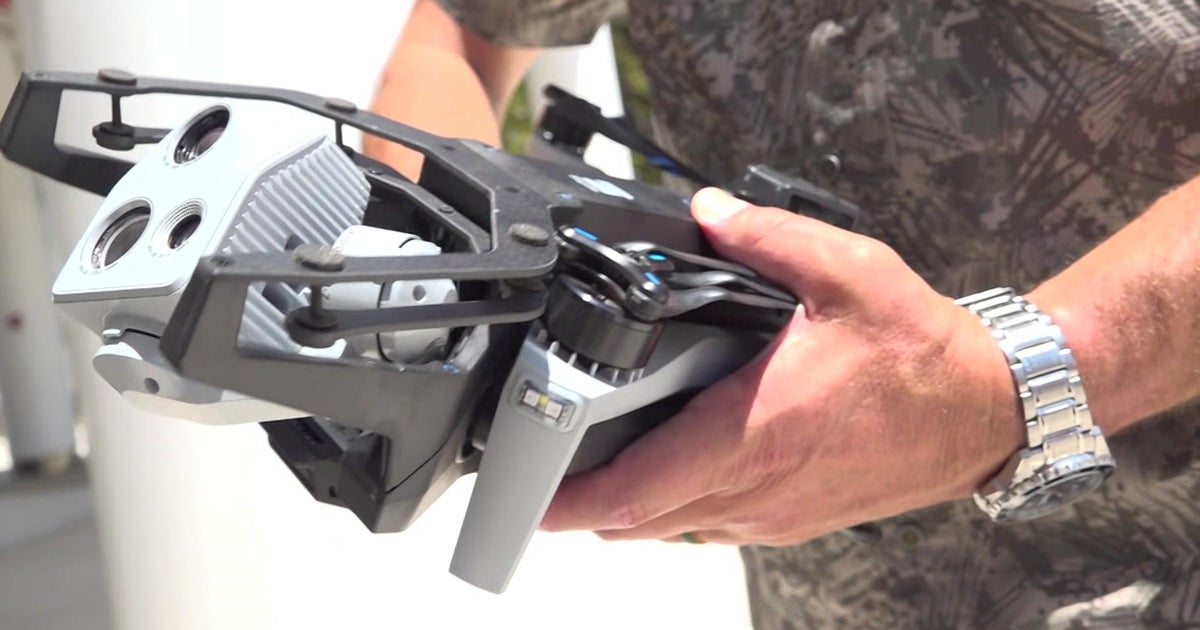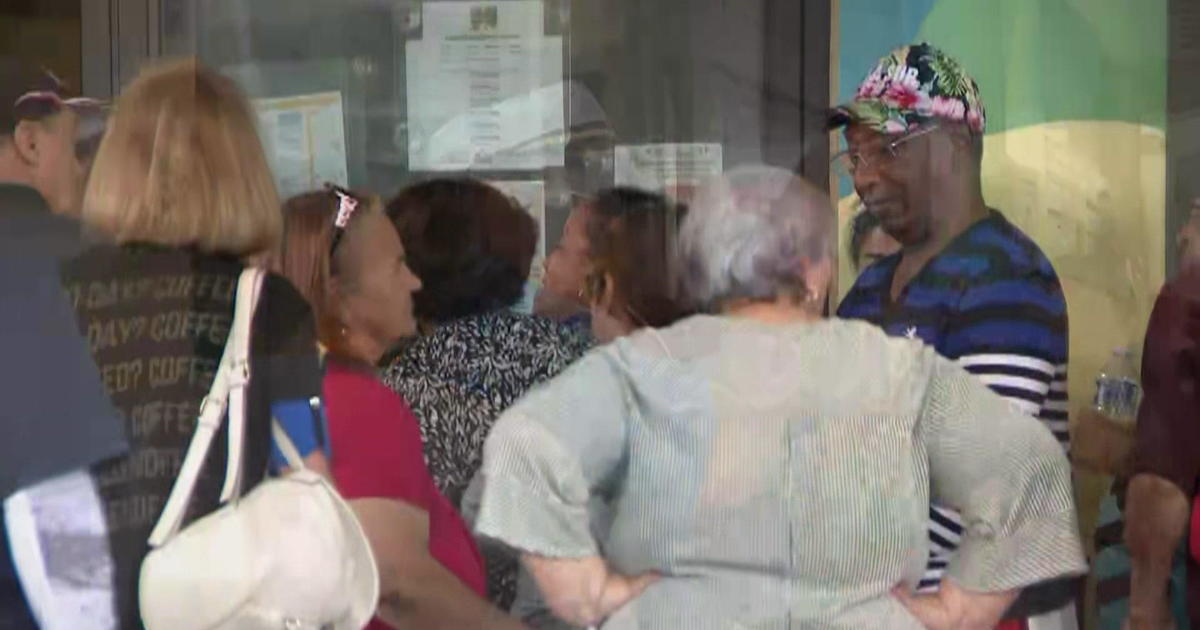Cashing In On Your Bodily Fluids
WEST PALM BEACH (CBS4) - Financially stressed? Desperate to make ends meet? So how far would you go to make some extra cash? In this still tough economy, there's a new alternative income gaining in popularity that was once thought to be a social stigma.
If you had to pick a bodily fluid to cash in on what would it be?
"I guess it would have to be sperm," said Levl Lawrence, of West Palm Beach.
What was once thought as taboo, is now a new market for people who've fallen on hard times. Even an alternative annual income- cashing in on your bodily fluids.
"If somebody else can use it, why not. But at the same time, it's kinda creepy," said Lillian Montes, of Loxahatchee.
"They get desperate and they're like 'Well maybe it's not so bad,'" said Courtney Brock, of West Palm Beach.
And in light of the current economy, Dr. Mark Denker of the Palm Beach Fertility Center says he's busier than ever.
"We get more egg donors in our practice when the economy is bad, absolutely. Egg donors typically get about $5,000 for an egg donation cycle," said Dr. Denker.
And because donors of some ethnic groups are harder to get, the compensation can climb as high as $20,000.
"The reimbursement is more than the 10,000 range for Asian and Indian egg donors. There's less of them willing to donate. It's a smaller population pool," said Dr. Denker.
But a surprising explosion in male infertility in the last 5 years may have men seeing a higher return on their deposit. Far more than the current $60 to $100 a donation.
"With the advent of male hormone replacement, testosterone replacement, steroid supplementation for men who are doing body building. It's really plummeted and we're treating men almost as much as we're treating women now."
And the unprecedented demand for feritle eggs Dr. Denker says has inspired him to start enrolling women in a new, first of it's kind program in our area.
"We're actually establishing South Florida's 1st egg bank, South Florida International Egg Bank," said Dr. Denker.
Instead of couples going through the time and expense of a donor having them tested and cycling the donor, the eggs are available immediately frozen in the egg bank.
"They just choose the donor they want. We thaw the eggs. Fertilize them with the partner's sperm. Grow the embryos in the lab. And then implant them into the recipient couple's uterus," said Dr. Denker.
A less complicated way to get a quick $20 to $50 extra bucks? Peddling your plasma.
"I've had a bunch of friends like when they were just in college they would sell their plasma and stuff. I just kind of assumed it was something normal," said Dr. Denker.
But now, "Liquid Gold" is the newest money maker. Moms making mountains of money off their surplus breast milk.
"Wow, I've never heard of that one. But I'm well, I don't know about that one," said Brock.
There's even breast milk classifieds.
"I've never heard of it before but I think it's incredible," said Tina Frank, of West Palm Beach.
"This is just a modern version of wet nursing and now moms can connect through the internet and share the milk via FedEx ya know overnight shipping frozen," said Glenn Snow, Co-Founder, Onlythebreast.com
Glenn Snow, Co-Founder of "onlythebreast.com," says the idea was born out of a situation where his wife couldn't find a safe way to help other mothers in need. Women can get anywhere from $1,200 and up a month to 20,000 a year for their surplus breast milk. A win-win for both moms.
"They are actually able to get reimbursed for their time and cost to produce, pump and package their milk and to send it off to the mother with the baby in need," said Snow.
"When I gave birth to my children, there was need where a mother could not breast feed her children and they came to me and asked me if I would help," said Frank.
And there's definitely a need. Snow says in almost 4 years since the Craig's list of breast milk was conceived, they have 17,000 members and over 2,000 ads. But is it safe?
"We offer blood testing for moms so they get tested for the 5 diseases that are possible to be transmitted through the milk," said Snow.



